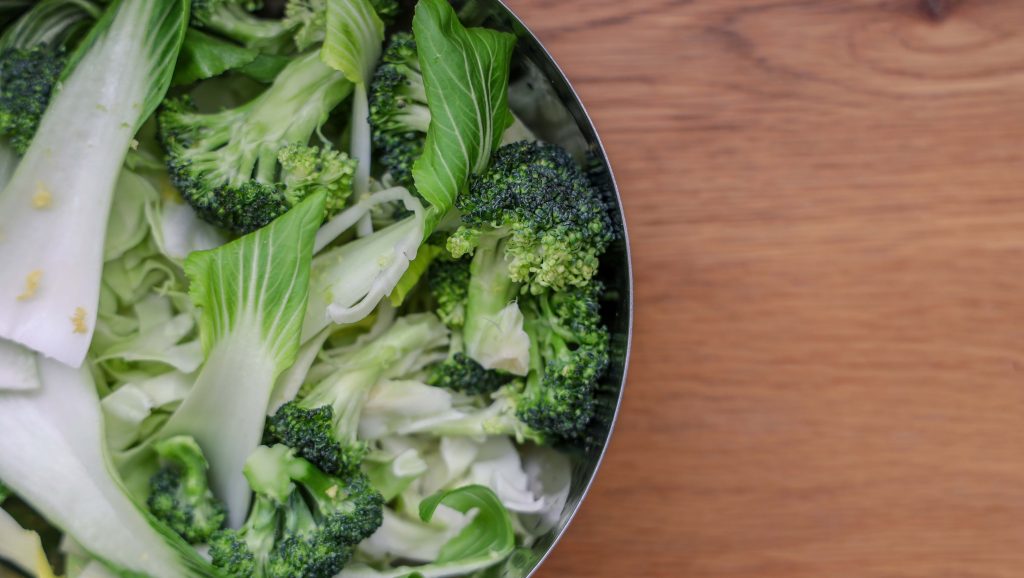With Polycystic Ovarian Syndrome (PCOS) being labelled as the leading cause of infertility among women, chances are you know someone who suffers from this syndrome, or might even have been diagnosed with it yourself. So we decided to get some expert advice on how your diet can affect the severity and symptoms of PCOS.
What is PCOS exactly?
According to Healthline, PCOS is caused by imbalances in reproductive hormones, affecting as much as 27% of women, making it the leading cause of female infertility. The three main symptoms that all those with PCOS experience are ovarian cysts (due to unreleased follicles), high levels of male hormones, and irregular or missed periods. The secondary symptoms can include insulin resistance, thinning hairline, weight gain, problems with acne and excess hair on the body.
A doctor weighs in
Gynaecologist, obstetrician, fertility specialist and director of Wijnland Fertility in Stellenbosch Dr Johannes Van Waart notes that PCOS is a highly complex syndrome and that each individual case needs to be looked at on its own – there is no one single cure-all. But for those struggling with weight issues, the ultimate goal is to control the insulin resistance, something that is treated with insulin-sensitising medication (if needed), as well as in partnership with a registered and knowledgeable dietitian who will create a custom diet plan. “PCOS is a very complex condition where, not only do specific medications add great value, but body image, correct (sustainable) eating patterns and a holistic understanding (for the patient) of PCOS is critical”, explains Dr Van Waart.
The relationship between weight and PCOS has to do with the body’s inability to use insulin properly, which can lead to weight gain. Over 70% of PCOS patients suffer from insulin resistance, and maintaining a healthy weight is critical for PCOS patients. In overweight patients, even just losing 5-10% of body weight has a huge benefit on lowering their insulin levels.
Dietitian Anél Kirsten explains that in PCOS cases, weight gain is the result of excess male hormones, hence it is typically most seen in the abdomen, as that is where men typically tend to carry weight. This is what leads to that spare tyre around your middle or “apple shape”, as opposed to “pear shaped”, which is more commonly associated with the female silhouette. “Abdominal fat is the most dangerous kind of fat, as it’s associated with an increased risk of heart disease and other health conditions. Losing weight can help break this cycle and reduce the severity of PCOS”, says Anél.
Diet recommendations for PCOS
As Anél Kirsten explains, there certainly are foods to include and to avoid when a patient sets out to have their diet be a part of their treatment to address PCOS. However, it’s important to remember that each diagnosis should be looked at individually, and no drastic changes in a patient’s diet should be made without consulting a doctor or registered dietitian. Here are some guidelines to take into consideration:
- Aim to include low-glycaemic index (GI), high-fibre fruit and vegetables in your diet. Low-GI foods will result in a smaller insulin response and help with losing weight and managing PCOS symptoms. Options include lettuce, broccoli, cabbage, cauliflower, berries, plums, kiwifruit and grapefruit.
- Avoid refined, simple carbohydrates like white bread, pastries, pasta, breakfast cereals and sugary processed foods and drinks. Not only are these foods directly linked to increased insulin resistance, but the inflammation that they cause can exacerbate the already present insulin resistance.
RECIPE TO TRY: Spicy roasted cauliflower in lettuce cups
- When it comes to fats, monounsaturated fats and omega-3 fats are king, as these have the ability to actually improve the body’s reaction to insulin and have anti-inflammatory properties. Safe fats include olive, canola, safflower, and peanut oils, nuts, seeds, avocados, and a host of fish such as salmon, mackerel and sardines. Saturated fats such as animal fats (butter, cream, rich cheeses, lard) and fatty cuts of meat should be limited as these have been proven to reduce a patient’s ability to use insulin.
- Include anti-inflammatory foods in your diet. Tomatoes, turmeric, leafy greens (spinach, kale) and fruits such as blueberries, strawberries, cherries and oranges all reduce inflammation in the body.
- There are supplements that have also been linked to the improvement of PCOS symptoms. Vitamin D plays a key role in glucose regulation and decreasing insulin resistance, as well as follicle egg maturation. Zinc regulates the functioning of a myriad of hormones. Chromium works with the insulin produced by the pancreas to metabolise carbohydrates more efficiently.
MUST-TRY RECIPE: Seared salmon with kiwifruit salsa

